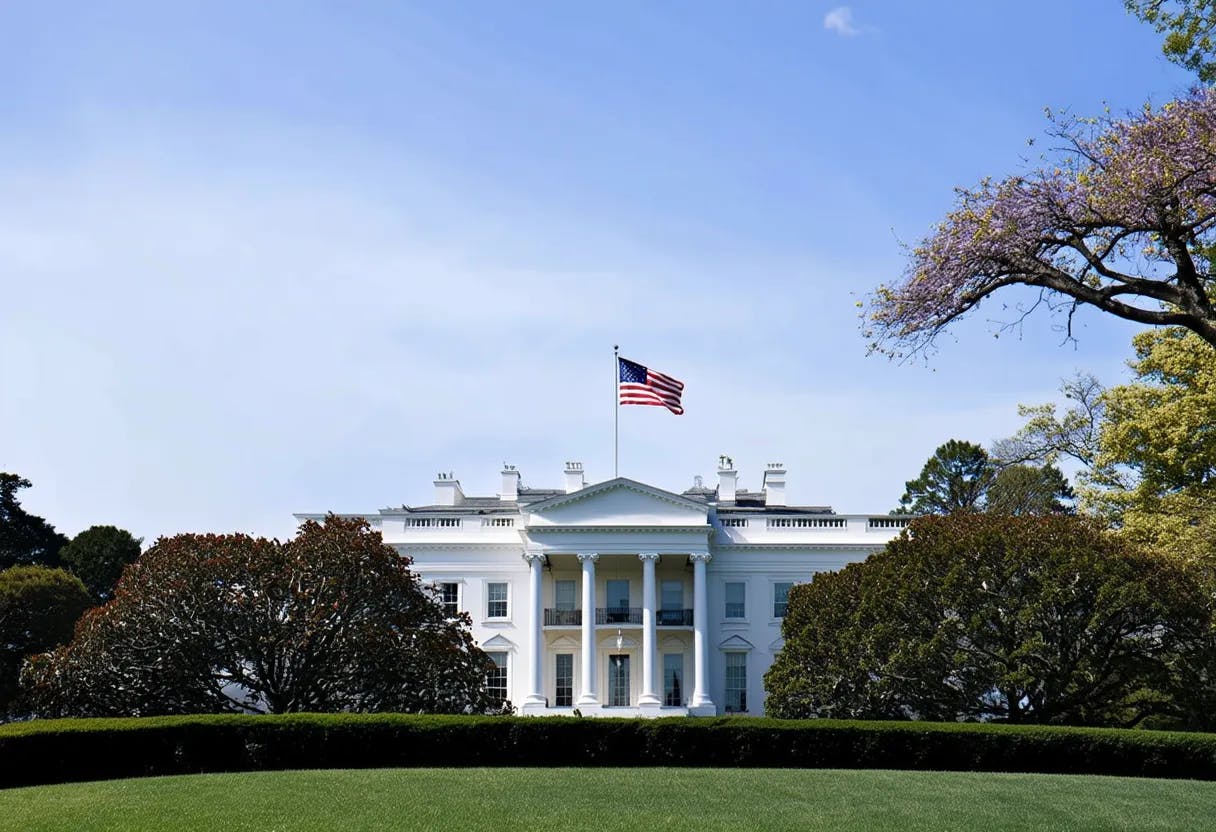Trump v. United States Court Filing, retrieved on July 1, 2024, is part of HackerNoon’s Legal PDF Series. You can jump to any part in this filing here. This part is 17 of 21.
VII
Today’s decision to grant former Presidents immunity for their official acts is deeply wrong. As troubling as this criminal immunity doctrine is in theory, the majority’s application of the doctrine to the indictment in this case is perhaps even more troubling. In the hands of the majority, this new official-acts immunity operates as a one-way ratchet.
First, the majority declares all of the conduct involving the Justice Department and the Vice President to be official conduct, see ante, at 19–24, yet it refuses to designate any course of conduct alleged in the indictment as private, despite concessions from Trump’s counsel.[6] Trump’s counsel conceded, for example, that the allegation that Trump “turned to a private attorney who was willing to spread knowingly false claims of election fraud to spearhead his challenges to the election results” “sounds private.” Tr. of Oral Arg. 29.
He likewise conceded that the allegation that Trump “conspired with another private attorney who caused the filing in court of a verification signed by [Trump] that contained false allegations to support a challenge” “sounds private.” Ibid.; see also id., at 36–37 (Trump’s counsel explaining that it is not “disputed” that such conduct is “unofficial”).
Again, when asked about allegations that “[t]hree private actors . . . helped implement a plan to submit fraudulent slates of presidential electors to obstruct the certification proceeding, and [Trump] and a co-conspirator attorney directed that effort,” Trump’s counsel conceded the alleged conduct was “private.” Id., at 29–30.
Only the majority thinks that organizing fraudulent slates of electors might qualify as an official act of the President, see ante, at 24–28, or at least an act so “interrelated” with other allegedly official acts that it might warrant protection, ante, at 28. If the majority’s sweeping conception of “official acts” has any real limits, the majority is unwilling to reveal them in today’s decision.
Second, the majority designates certain conduct immune while refusing to recognize anything as prosecutable. It shields large swaths of conduct involving the Justice Department with immunity, see ante, at 19–21; see also Part V, supra, but it does not give an inch in the other direction. The majority admits that the Vice President’s responsibility “‘presiding over the Senate’” is “‘not an “executive branch” function,’” and it further admits that the President “plays no direct constitutional or statutory role” in the counting of electoral votes. Ante, at 23–24. Yet the majority refuses to conclude that Trump lacks immunity for his alleged attempts to “enlist the Vice President to use his ceremonial role at the January 6 certification proceeding to fraudulently alter the election results.” App. 187, Indictment ¶10(d).
Instead, it worries that a prosecution for this conduct might make it harder for the President to use the Vice President “to advance [his] agenda in Congress.” Ante, at 24. Such a prosecution, according to the majority, “may well hinder the President’s ability to perform his constitutional functions.” Ibid.
Whether a prosecution for this conduct warrants immunity should have been an easy question, but the majority turns it into a debatable one. Remarkably, the majority goes further and declines to deny immunity even for the allegations that Trump organized fraudulent elector slates, pressured States to subvert the legitimate election results, and exploited violence at the Capitol to influence the certification proceedings.
It is not conceivable that a prosecution for these alleged efforts to overturn a Presidential election, whether labeled official or unofficial under the majority’s test, would pose any “‘dangers of intrusion on the authority and functions of the Executive Branch,’” ante, at 14, and the majority could have said as much. Instead, it perseverates on a threshold question that should be immaterial.
Looking beyond the fate of this particular prosecution, the long-term consequences of today’s decision are stark. The Court effectively creates a law-free zone around the President, upsetting the status quo that has existed since the Founding. This new official-acts immunity now “lies about like a loaded weapon” for any President that wishes to place his own interests, his own political survival, or his own financial gain, above the interests of the Nation. Korematsu v. United States, 323 U. S. 214, 246 (1944) (Jackson, J., dissenting).
The President of the United States is the most powerful person in the country, and possibly the world. When he uses his official powers in any way, under the majority’s reasoning, he now will be insulated from criminal prosecution. Orders the Navy’s Seal Team 6 to assassinate a political rival? Immune. Organizes a military coup to hold onto power? Immune. Takes a bribe in exchange for a pardon? Immune. Immune, immune, immune.
Let the President violate the law, let him exploit the trappings of his office for personal gain, let him use his official power for evil ends. Because if he knew that he may one day face liability for breaking the law, he might not be as bold and fearless as we would like him to be. That is the majority’s message today.
Even if these nightmare scenarios never play out, and I pray they never do, the damage has been done. The relationship between the President and the people he serves has shifted irrevocably. In every use of official power, the President is now a king above the law.
* * *
The majority’s single-minded fixation on the President’s need for boldness and dispatch ignores the countervailing need for accountability and restraint. The Framers were not so single-minded. In the Federalist Papers, after “endeavor[ing] to show” that the Executive designed by the Constitution “combines . . . all the requisites to energy,” Alexander Hamilton asked a separate, equally important question: “Does it also combine the requisites to safety, in a republican sense, a due dependence on the people, a due responsibility?” The Federalist No. 77, p. 507 (J. Harvard Library ed. 2009). The answer then was yes, based in part upon the President’s vulnerability to “prosecution in the common course of law.” Ibid. The answer after today is no.
Never in the history of our Republic has a President had reason to believe that he would be immune from criminal prosecution if he used the trappings of his office to violate the criminal law. Moving forward, however, all former Presidents will be cloaked in such immunity. If the occupant of that office misuses official power for personal gain, the criminal law that the rest of us must abide will not provide a backstop.
With fear for our democracy, I dissent.
Continue Reading Here.
About HackerNoon Legal PDF Series: We bring you the most important technical and insightful public domain court case filings.
This court case retrieved on July 1, 2024, supremecourt.gov is part of the public domain. The court-created documents are works of the federal government, and under copyright law, are automatically placed in the public domain and may be shared without legal restriction.
[6] The majority protests that it is “adher[ing] to time-tested practices” by “deciding what is required to dispose of this case and remanding” to lower courts to sort out the details. Ante, at 41. Yet it implicitly acknowledges that it reaches far beyond what any lower court considered or any party briefed by designating certain conduct official in the first instance. See ibid. (noting “the lack of factual analysis in the lower courts, and the lack of briefing on how to categorize the conduct alleged”). In reaching out to shield some conduct as official while refusing to recognize any conduct as unofficial, the majority engages in judicial activism, not judicial restraint.

